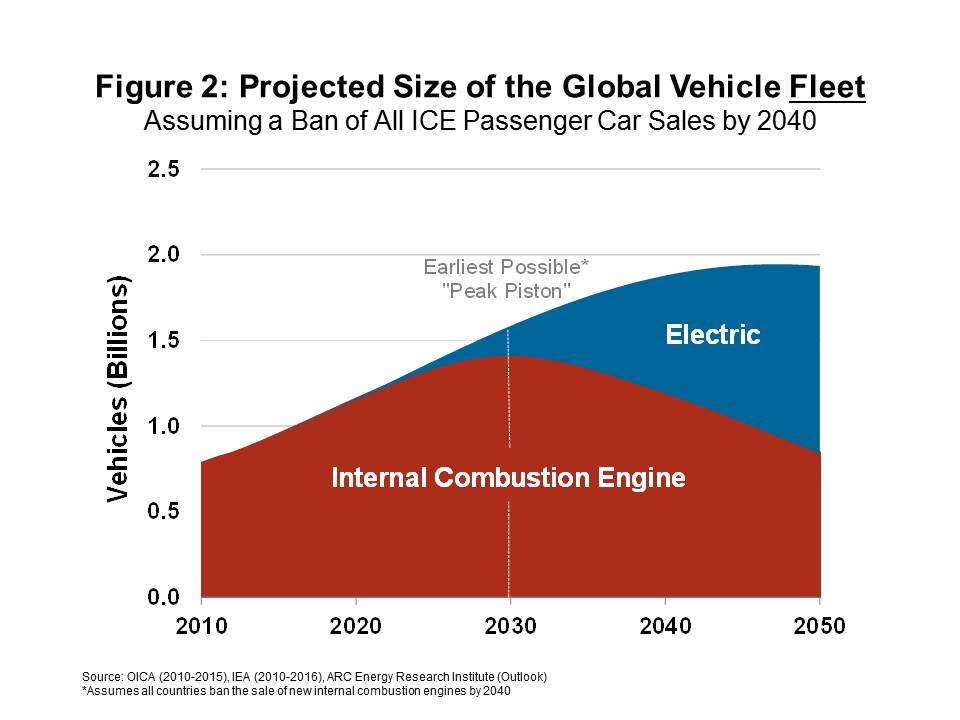I'm curious to hear your theories on how a scenario where traditional automakers abruptly and strongly focus on transitioning to a all-EV lineup might play out.
Regardless of the cause (potentially government regulations, fossil fuel shortages, impending climate disaster, everyone suddenly forgetting how to design ICE engines, etc), imagine the traditional automakers all focused with space-race like efforts to make every new car produced an EV.
What are your thoughts on how this scenario might play out, what hurdles it might encounter, and how long it would take?
Regardless of the cause (potentially government regulations, fossil fuel shortages, impending climate disaster, everyone suddenly forgetting how to design ICE engines, etc), imagine the traditional automakers all focused with space-race like efforts to make every new car produced an EV.
What are your thoughts on how this scenario might play out, what hurdles it might encounter, and how long it would take?



